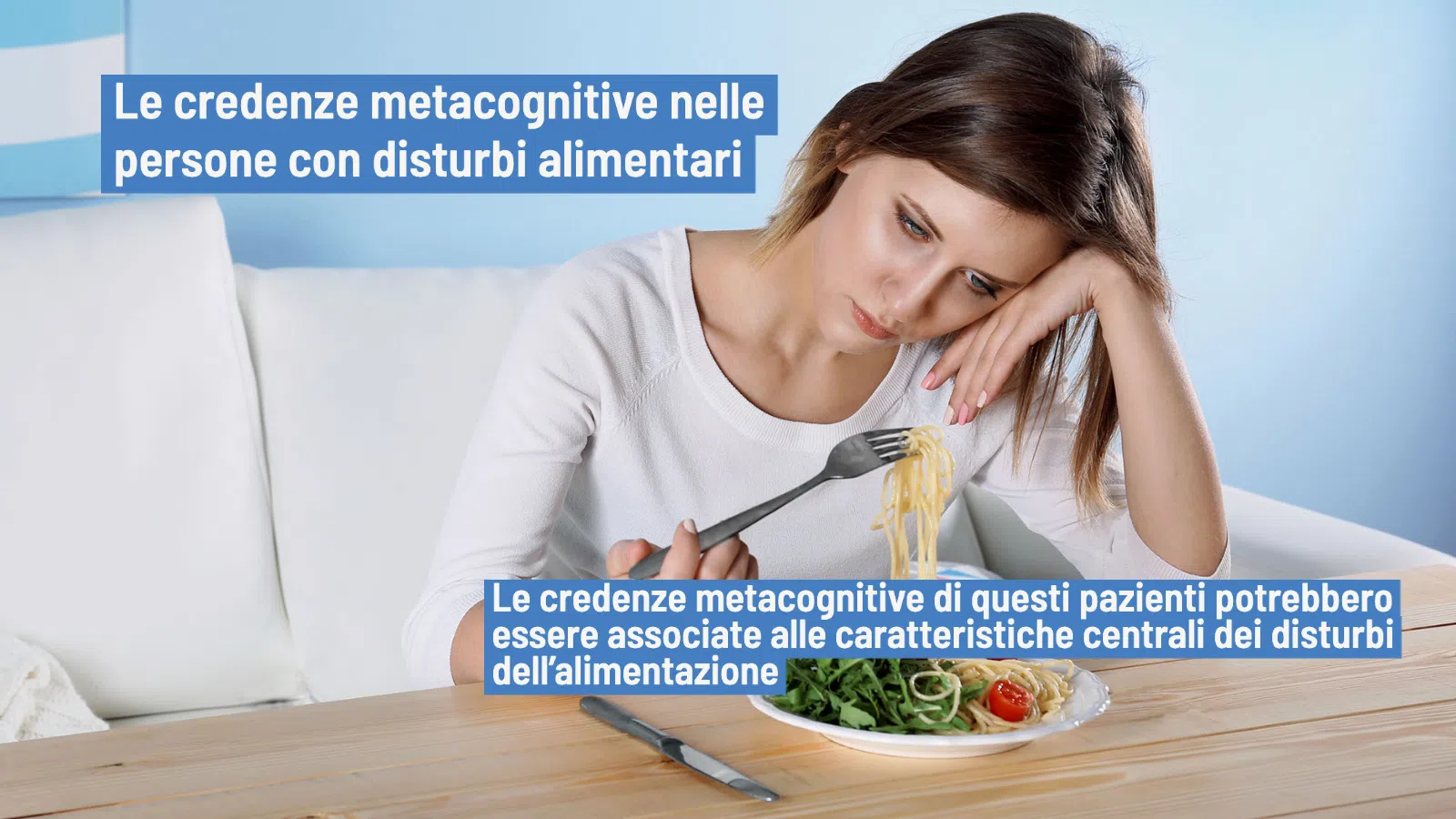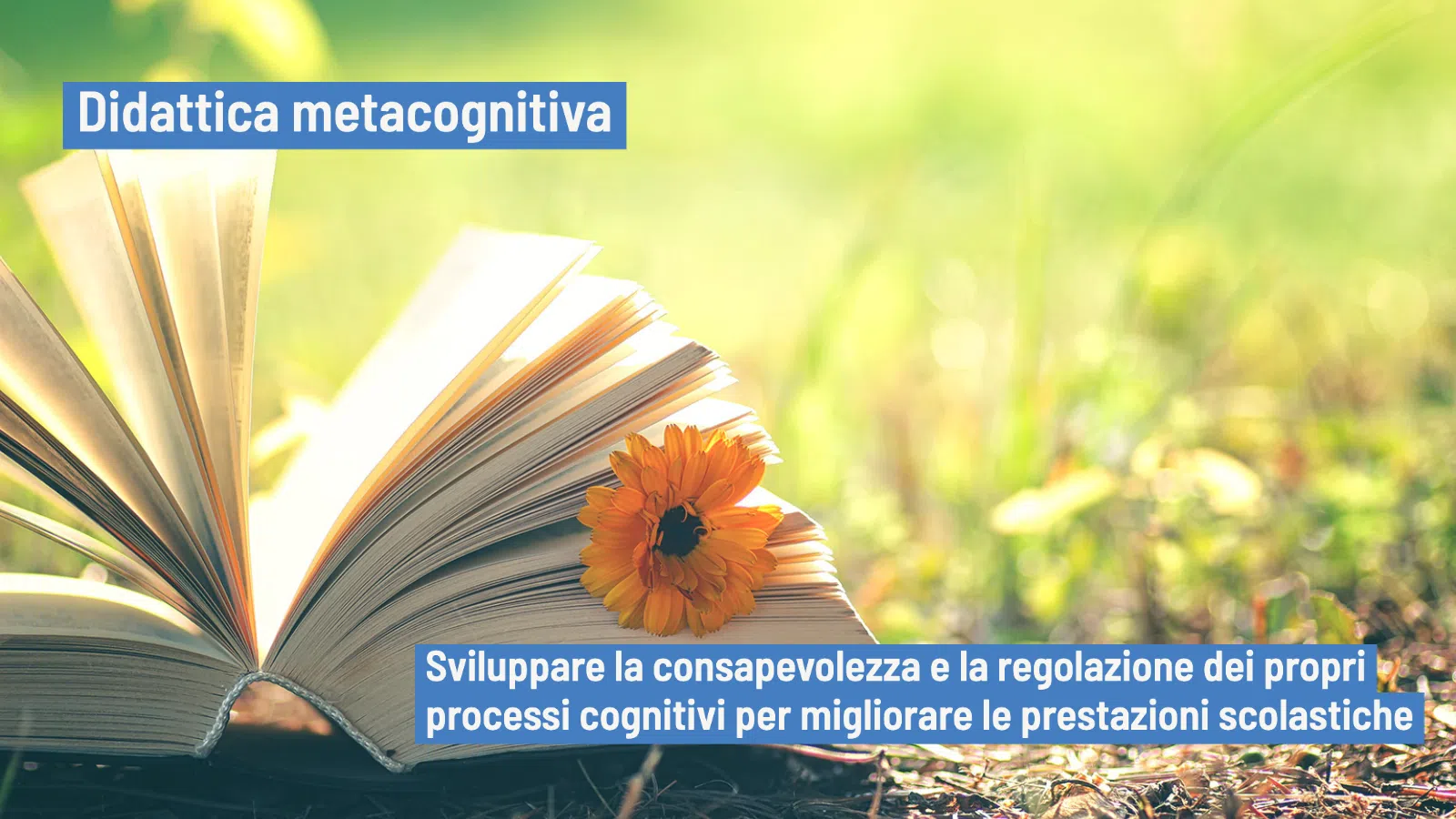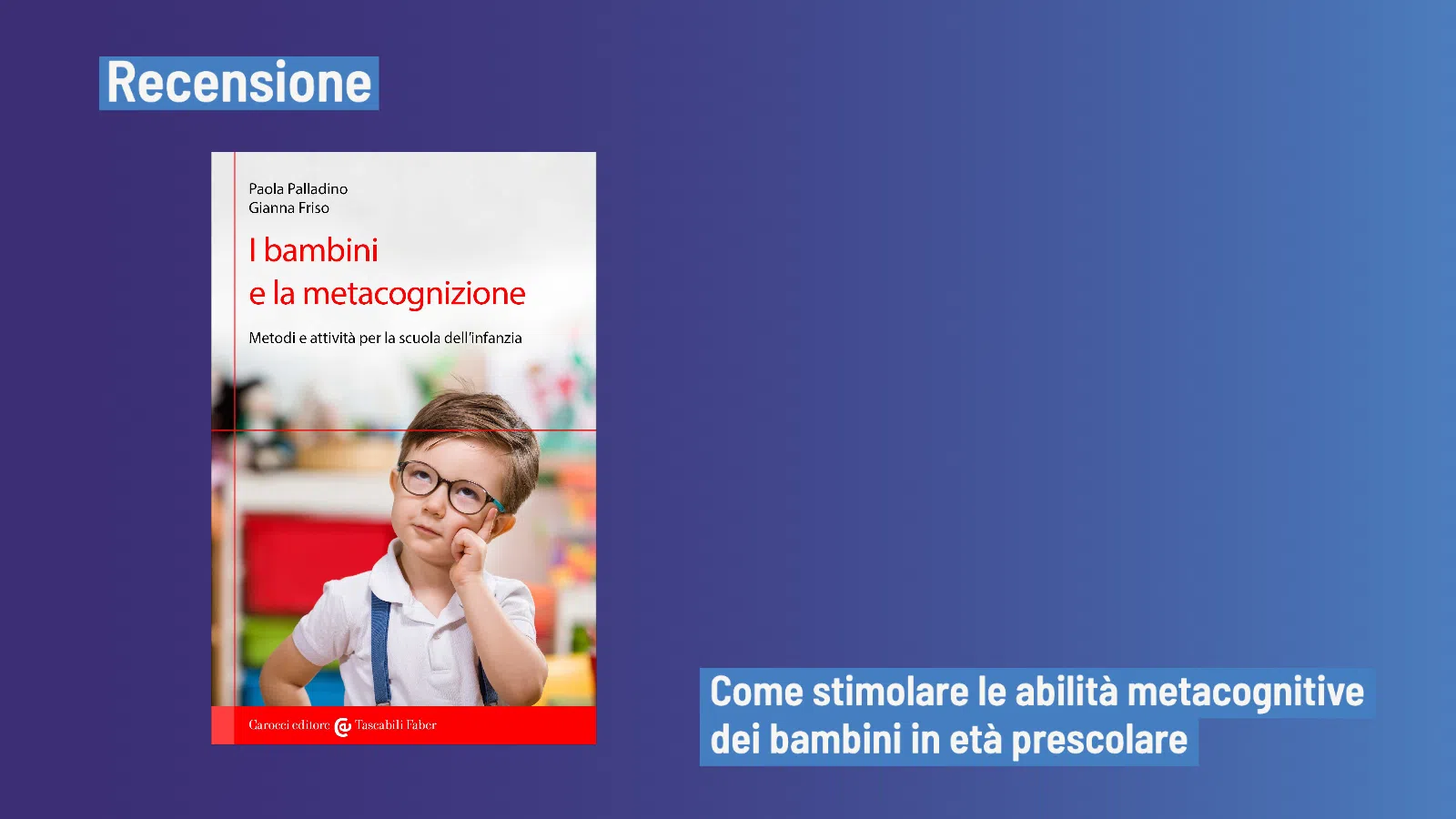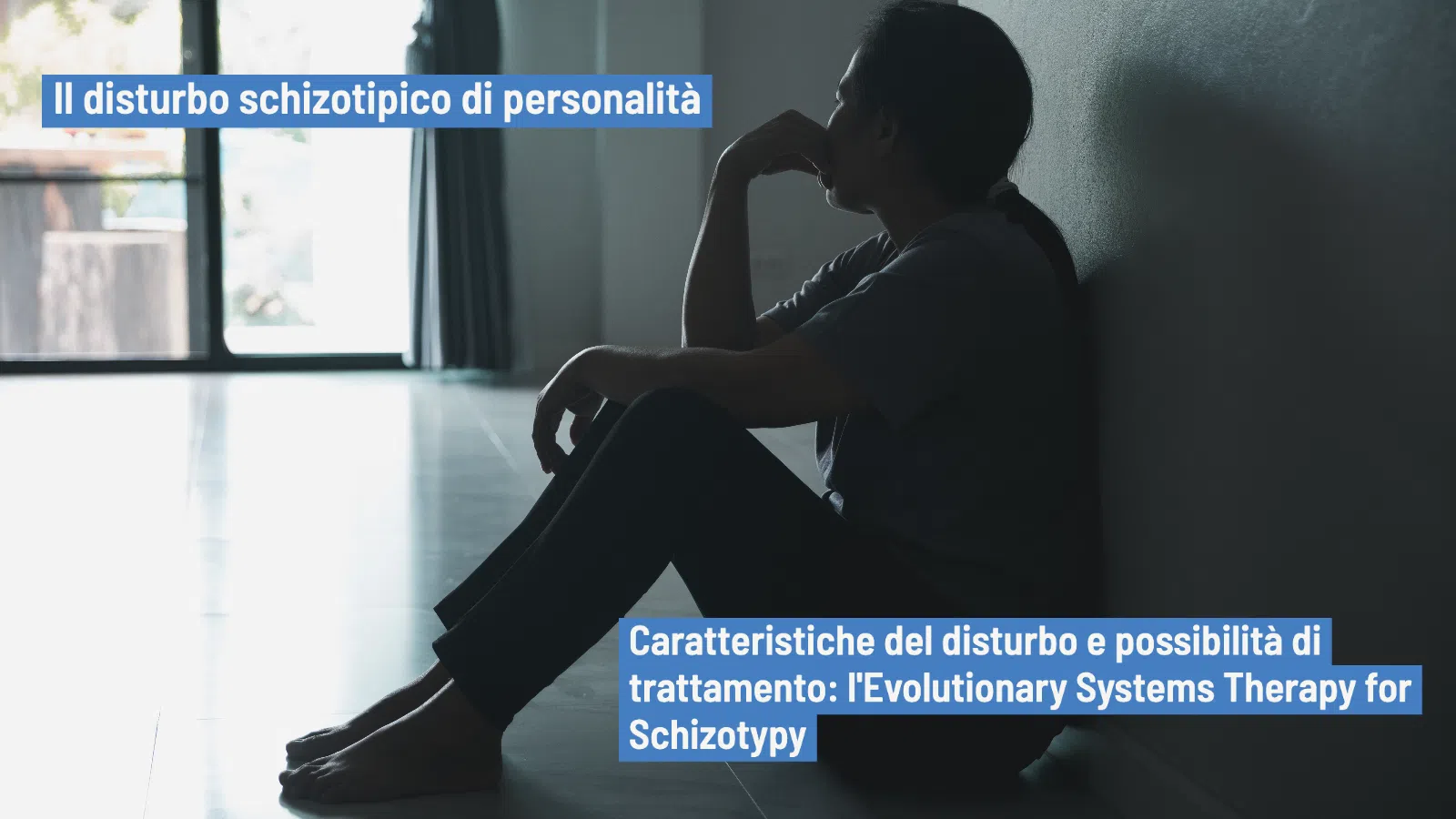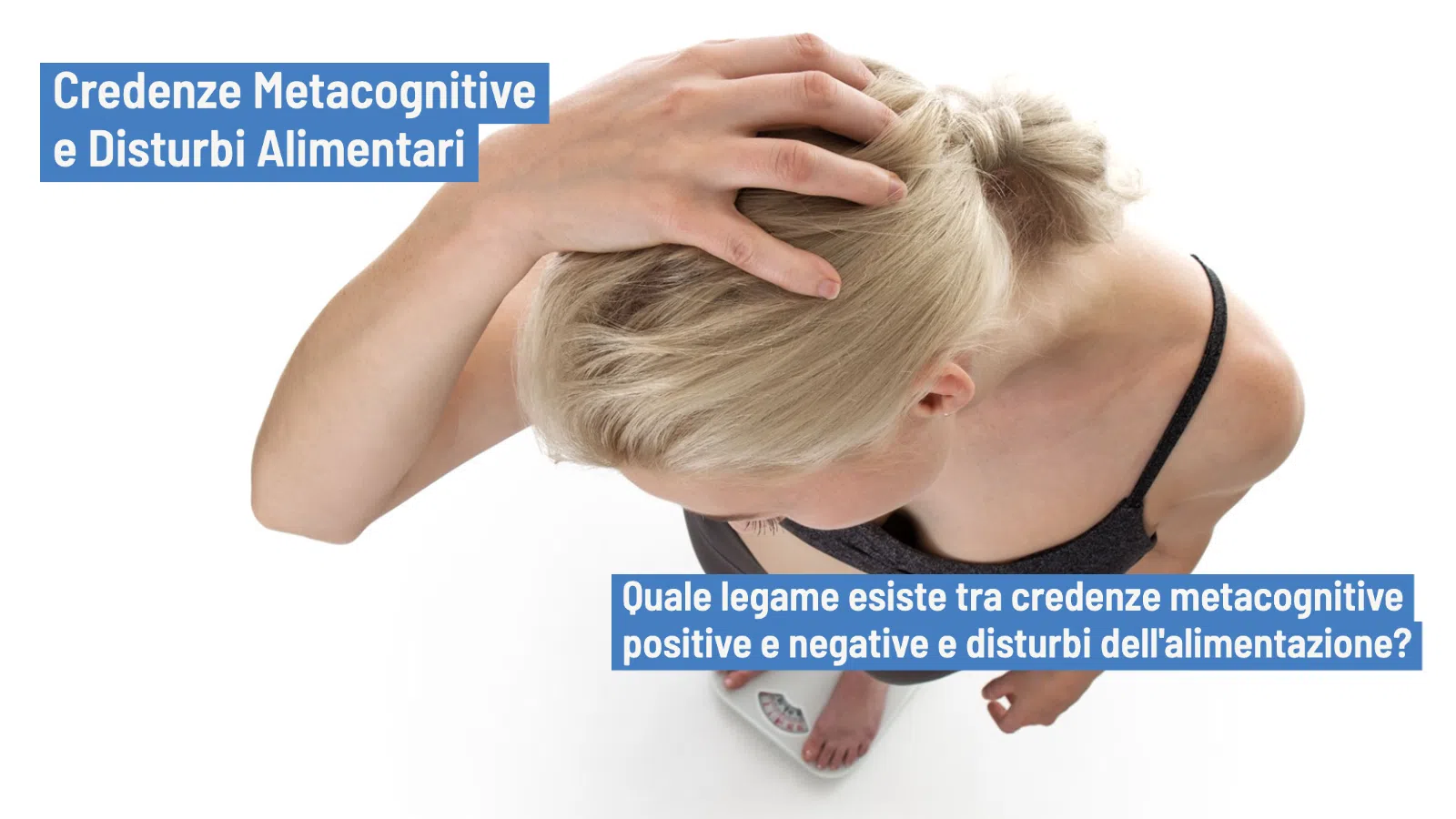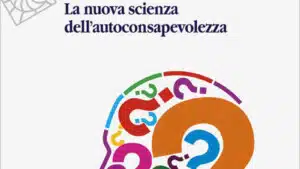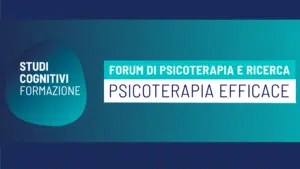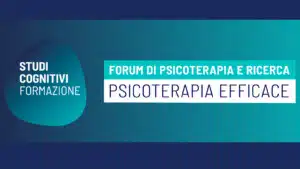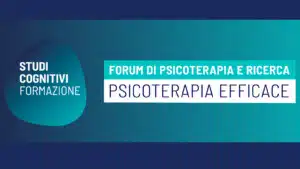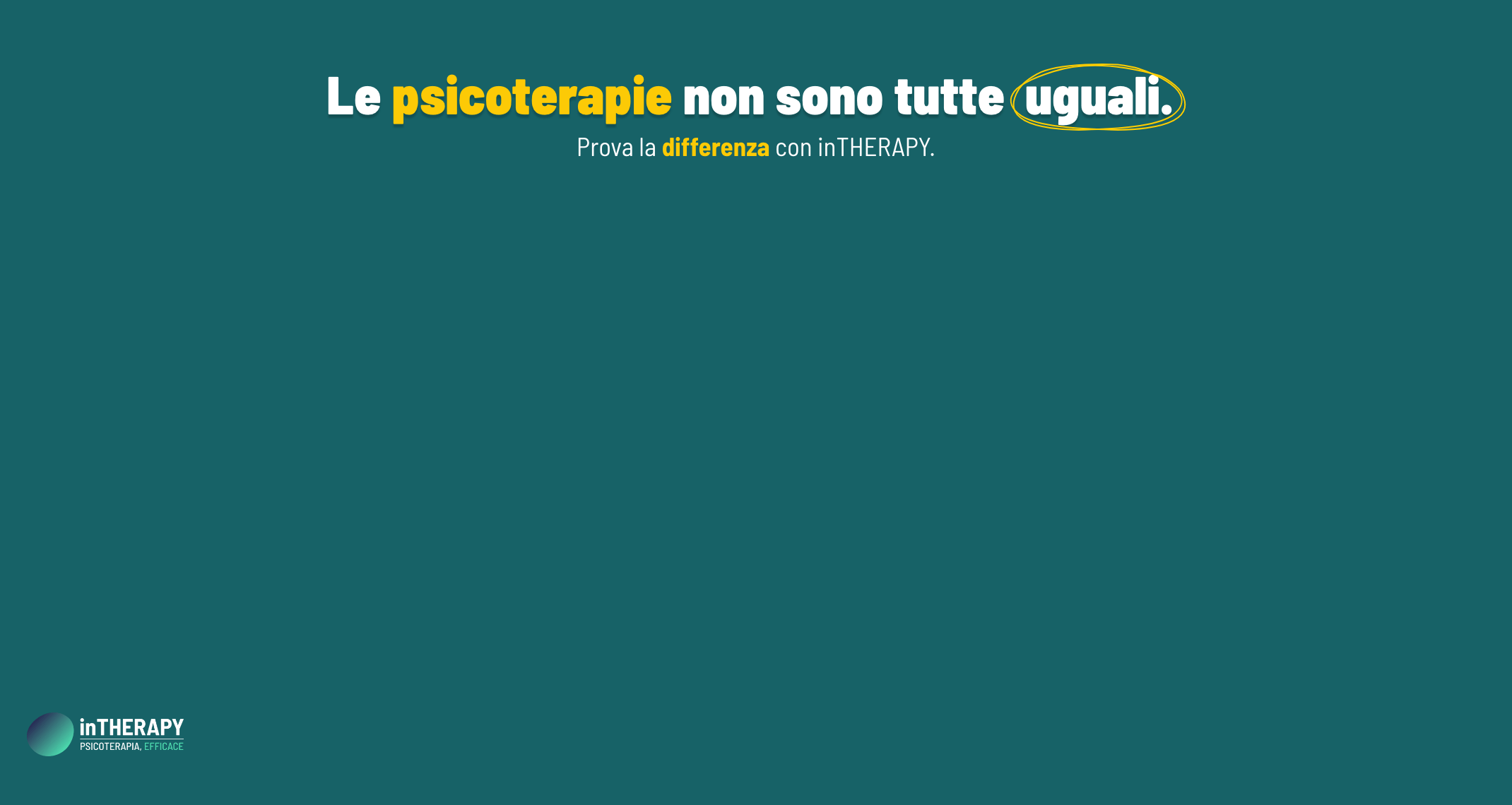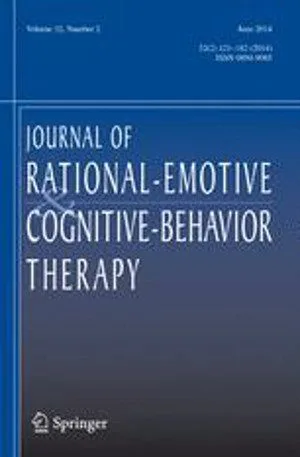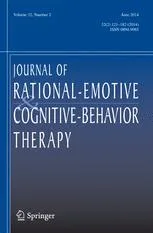CONSIGLIATO DALLA REDAZIONE:
Le nostre idee sulla mente e sul pensiero possono influenzare la prospettiva con cui guardiamo il mondo e conseguentemente il modo in cui ci sentiamo rispetto al rapporto con gli altri e con noi stessi. Queste idee sono le cosiddette metacognizioni. Diversi studi stanno mostrando quanto intervenire sul modo in cui le persone pensano e sulle loro metacognizioni possa favorire la riduzione di sintomi ansiosi e depressivi e forse anche sintomi psicotici.
Abstract:
Both perceived stress and negative recurrent thinking (rumination and worry) have been associated with depressive symptoms. However, no research to date has investigated the association between perceived stress and negative recurrent thinking. In the present study we aimed to explore whether perceived stress and negative recurrent thinking are associated and whether negative recurrent thinking moderates the relationship between perceived stress and depressive symptoms. A convenience sample of 273 undergraduate students completed the Perceived Stress Scale, the Ruminative Responses Scale-10, the Penn State Worry Questionnaire and the Hospital Anxiety and Depression Scale 2 weeks prior to sitting mid-year examinations. Correlation analyses showed that perceived stress, rumination and worry were positively and significantly associated with depressive symptoms and that perceived stress was positively and significantly associated with rumination and worry. A moderation analysis confirmed that negative recurrent thinking moderated the relationship between perceived stress and depressive symptoms. The implications of these findings are discussed.
VAI ALL’ARTICOLO: Negative Recurrent Thinking as a Moderator of the Relationship Between Perceived Stress and Depressive Symptoms – Online First – Springer.




